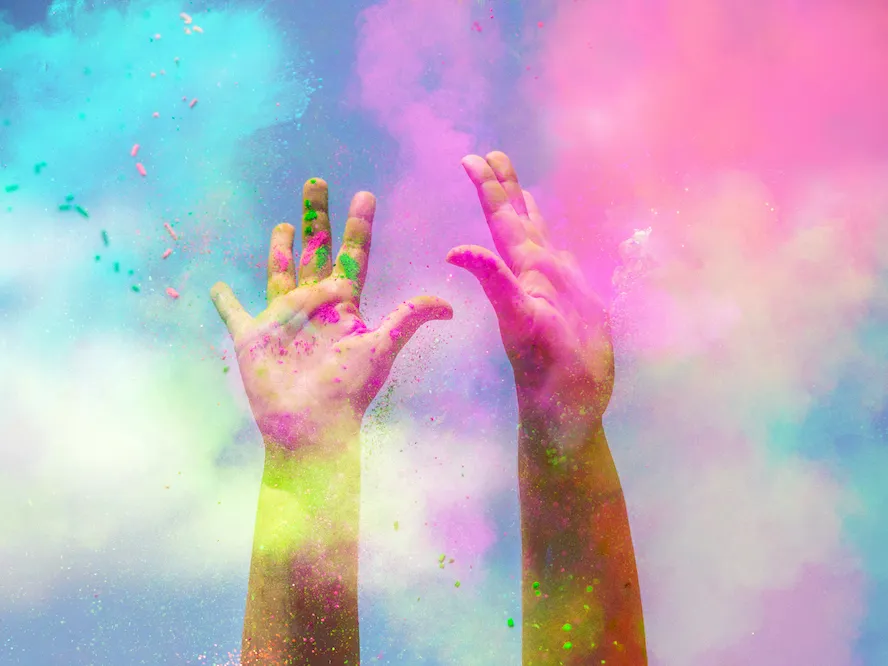Art and Depression: A Powerful Combination for Healing

Depression is a mental illness that affects millions of people worldwide. It is a debilitating condition that can rob people of their energy, motivation, and hope. However, art can be an effective tool for healing and coping with depression. Artwork of depression provides an outlet for expressing emotions, helps to understand and process experiences, and promotes mindfulness and relaxation. In this article, we will explore how art can be a powerful tool to combat depression and help individuals on their journey toward recovery.
The Power of Art in Coping with Depression
Art is a form of communication that transcends language and cultural barriers. It allows individuals to express their emotions in a way that can be difficult to put into words. Creating art, whether through painting, drawing, sculpture, or any other medium, can be a cathartic experience. It helps to release pent-up emotions and provides an outlet for self-expression.
Art can also help individuals understand and process their experiences. Depression can be confusing and overwhelming, and art can provide a way for individuals to make sense of their experiences and emotions. For example, creating a painting or drawing of a difficult situation can help individuals process the emotions they are feeling and come to a greater understanding of their experiences.
Furthermore, art promotes mindfulness and relaxation. When creating art, individuals focus on the present moment and do not dwell on their worries or negative thoughts. It can help reduce anxiety and depression and promote a sense of calm and peace.
Using Art as a Form of Therapy
Art therapy is psychotherapy that uses art to communicate and heal. Art therapy can benefit individuals with depression, allowing them to express their emotions and experiences in a safe and non-judgmental environment.
Art therapists are trained professionals who use art as a tool for therapy. They work with individuals to create art that reflects their emotions, experiences, and thoughts. They help individuals process their experiences and emotions and provide support and guidance on their journey toward recovery.
Art therapy is a flexible therapy that adapts to meet the needs of individuals with depression. You can use it to address various issues, including anxiety, trauma, and self-esteem. Art therapy provides individuals with an opportunity to explore their emotions and experiences in a way that is meaningful and relevant to them.
Benefits of Art and Depression
Art can be a powerful tool for individuals with depression. Some of the benefits of using art to cope with depression include the following:
Improved emotional well-being:
Art allows individuals to express their emotions and process their experiences. It can help improve their emotional well-being and reduce anxiety and depression.
Increased self-awareness:
Art can help individuals better understand their emotions and experiences. This increased self-awareness can lead to greater insight and understanding and help individuals on their journey toward recovery.
Improved communication:
Art can be a form of non-verbal communication that can help individuals express their emotions and experiences in a way that words cannot. It can help to improve communication with others, including friends, family, and healthcare professionals.
Reduced stress:
Art provides individuals with a way to relax and unwind. Creating art can be meditative and calming and can help to reduce stress and promote a sense of peace.
Improved cognitive function:
Art can improve cognitive function by stimulating the brain and promoting neuroplasticity. It can help to reduce feelings of depression and improve overall mental health.
In conclusion, the artwork about depression highlights the struggles and challenges faced by individuals suffering from this mental health condition. It brings to light the complex and multifaceted nature of depression, capturing the emotions, thoughts, and experiences of those affected.
